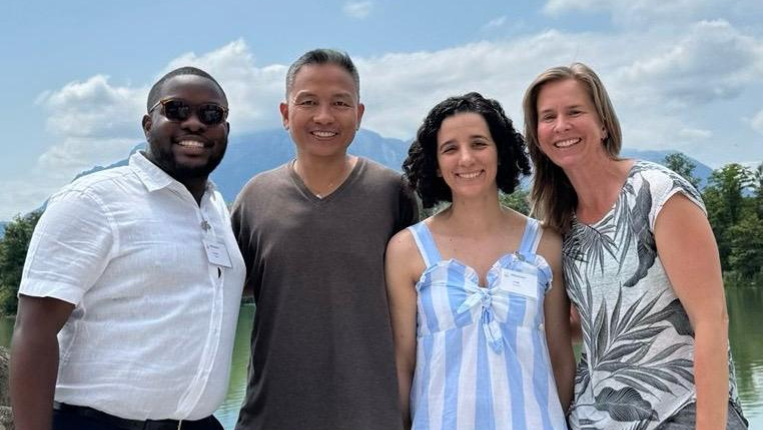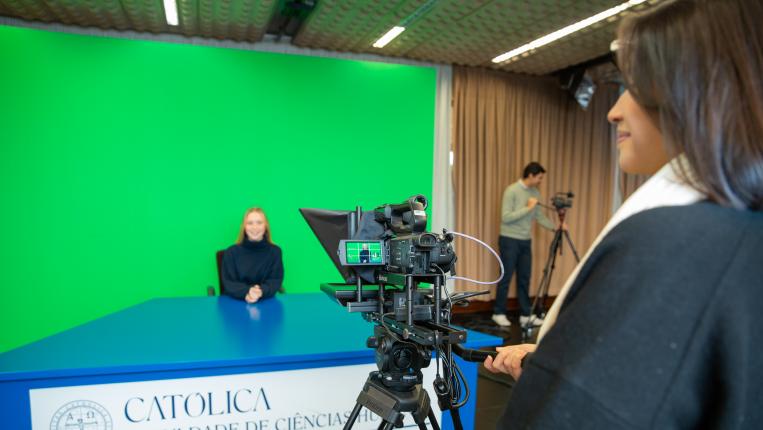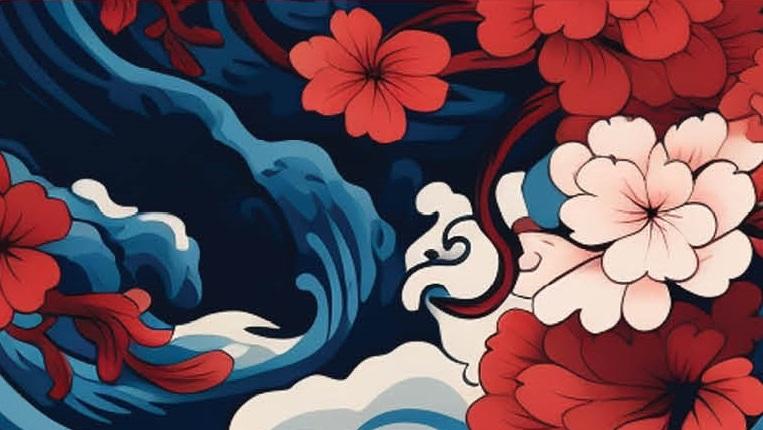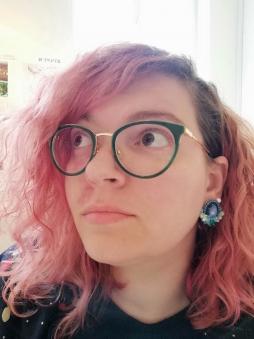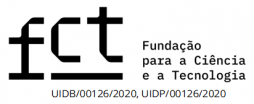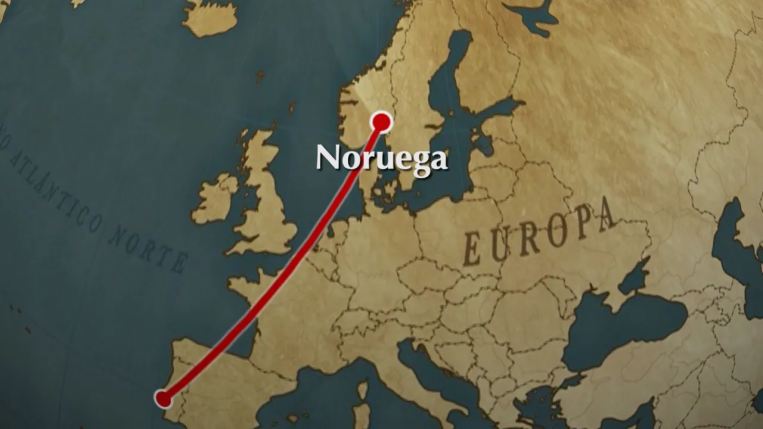
Based on the assumption that production of knowledge and aesthetic epistemologies are influenced by long-standing colonial narratives, Artic Routes, Southern Ways is an international collaborative project which aims to study the differences and similarities among Artic and Southern colonial legacies.
This joint initiative will compare and/or contrast two different colonial legacies to create alternative narratives and methods of knowledge production in art institutions and academia. Portugal established an overseas empire, spread over five continents, that lasted from the 15th Century until the second half of the 20th Century. In turn, in Norway, the Sámi minority has lost rights over their territory, and they have been exposed to a fierce Norwegianization. Hegemonic narratives of the search for national unity in Norway, or the view of a “good” colonialism or “lusotropicalism”, in Portugal, bring these otherwise distant countries rather close, given that such experiences have prevailed in many instances of public discourse, policies in institutional practices, in academia and in art institutions.
The aim
Based on three interconnected threads - (i) decoloniality, spaces of inclusion & diversity; (ii) environmental sustainability; and (iii) local vs. global practices -, the project will examine invisibilities and tendencies in art institutions and academia.
Main goals
- Question tacit colonial practices in higher education and in art institutions and to analyse the mechanisms by which they are perpetuated;
- Bring together the experiences of both Norway and Portugal, and describe how the ideal of cultural homogeneity affects the full acknowledgment of marginalized communities and their knowledge(s): the Sámi in Norway, “Afropeans” in Portugal;
- Challenge long-prevailing colonialism by exploring ways to create alternative narratives towards more inclusive and sustainable forms of knowledge production and artistic practice.
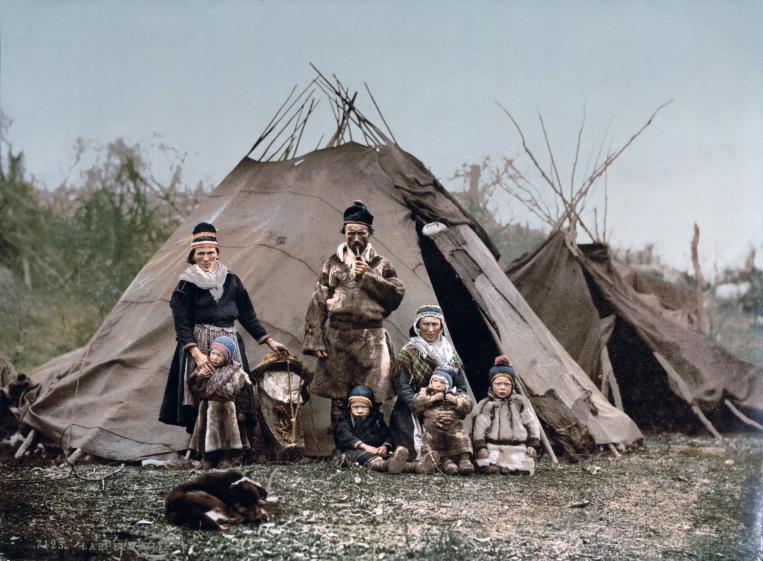
Picture of a Sámi family.
Expected achievements
- Research innovation: expected when relating or contrasting different colonial legacies, when moving beyond current decolonial aesthetics in art education and production, and when joining theoretical and practice-lead knowledge production;
- Bilateral relations: expected in cultural exchange and knowledge production, and in public awareness about the other country and their ties or contrasts.
Indeed, the global impact of this project shows potential in the development of cross-border cooperation among Portugal and Norway via the co-creation of local intersectional strategies towards decoloniality and, consequently, to a broader, healthier and more inclusive arts ecosystem. Therefore, it is expected to support institutional building with cross-border planning activities, and encourage the use of lessons learned in other EU countries via the online dissemination of outputs (videos and texts).
This project holds an EEA Grant and is financed by Nordisk Kulturfond.

